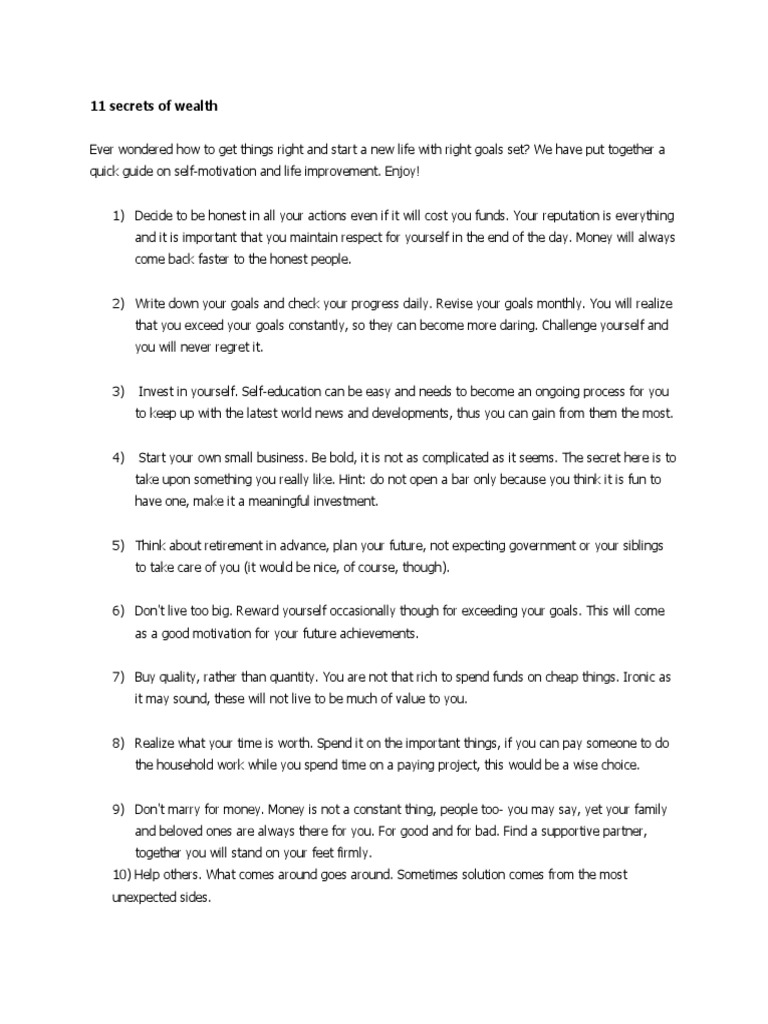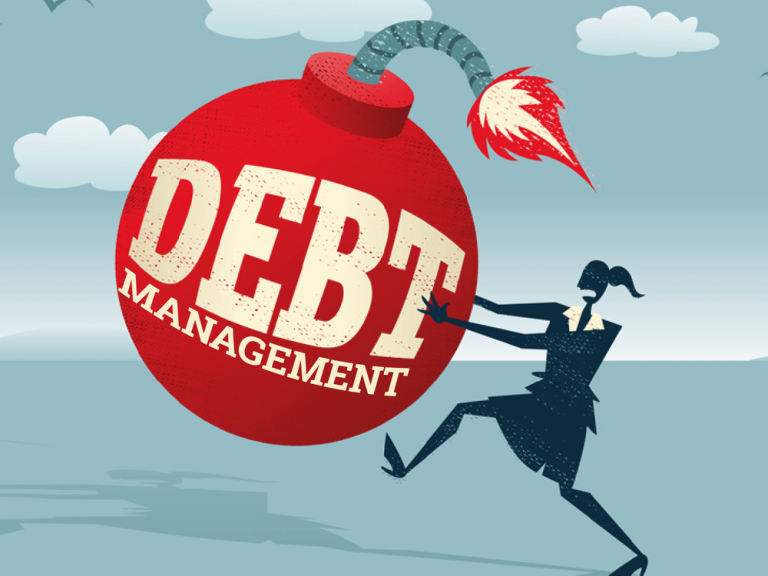Managing your personal finances is a critical aspect of leading a fulfilling life. It offers you control over your spending, helps you save for future goals, and reduces the stress that often accompanies financial uncertainty. In this article, we’ll discuss the importance of managing personal finances and how you can effectively implement financial strategies that work for you.
The Importance of Managing Personal Finances
Imagine waking up every day without the weight of financial worry on your shoulders. The importance of managing personal finances is not just about crunching numbers; it’s about giving you the peace of mind to pursue your dreams, whether that means traveling, buying a home, or simply enjoying your day-to-day life. Personal finance management equips you with the tools necessary to achieve these goals.
Tools and Techniques to Manage Your Finances
To start taking control of your finances, you can employ various tools and techniques. Creating a clear budget is fundamental. A budget will map your income against your expenses, giving you insight into where your money goes each month. The importance of managing personal finances comes into play here, as knowing your financial landscape helps you identify unnecessary expenditures.
Creating a Budget
Start by listing all of your sources of income and monthly expenses. Categorize your expenses into fixed (like rent or mortgage) and variable (like groceries and entertainment). This will help you see where adjustments can be made. Keep in mind that budgets are living documents—a reflection of your current financial situation. Adjust your budget according to seasonal changes or life events.
Visualizing Financial Goals
Financial goals provide a roadmap for your budgeting efforts. Think about both short-term and long-term goals. Whether it’s saving for a vacation, putting a down payment on a house, or establishing an emergency fund, clarity in your objectives will enhance the importance of managing personal finances. Once you have these goals in mind, you can adjust your spending accordingly to ensure you’re progressing toward them.
Emergency Fund: A Safety Net
One critical aspect of personal finance is maintaining an emergency fund. This safety net can be a lifesaver in unexpected situations, whether a medical emergency or unexpected job loss. Aim to save at least three to six months’ worth of living expenses in an easily accessible account. With this in place, you’ll find peace of mind knowing that you can handle life’s surprises with ease.
Debt Management: Prioritizing and Paying Off Loans
The importance of managing personal finances shines incredibly bright when it comes to handling debt. High-interest debt, such as credit card bills, can quickly spiral out of control. The first step to effective debt management is to create a list of all your debts, including their interest rates and minimum monthly payments. This helps you view the full financial picture.
Strategies to Tackle Debt
There are two popular methods to tackle debt: the snowball method and the avalanche method. The snowball method has you pay off your smallest debts first, giving you quick wins that serve as motivation. The avalanche method, on the other hand, targets debts with the highest interest rates first, saving you money in the long run. Both methods require discipline and regular payment; it’s essential to choose the one that resonates with you and your situation.
Investing: Growing Your Money
After managing your expenses and debts effectively, consider investing as a way to grow your wealth. The importance of managing personal finances also encompasses understanding how to make your money work for you. With countless investment options available today, you can tailor an investment strategy to fit your risk tolerance and financial goals.
Exploring Investment Options
Start with understanding stocks, bonds, mutual funds, and real estate. Stocks and bonds are traditional investment vehicles, while real estate offers the advantage of tangible assets. More recently, many people are exploring digital currencies and other non-traditional investment opportunities. Always conduct thorough research before making any investments to ensure they align with your financial objectives.
Retirement Planning: Securing Your Future
Another key component of managing personal finances is planning for retirement. The earlier you start saving, the more you’ll benefit from compound interest over time. The importance of managing personal finances becomes evident as you envision your retirement and the financial stability you hope to achieve.
Retirement Accounts
Consider utilizing retirement accounts such as a 401(k), IRA, or Roth IRA. These accounts not only provide tax advantages but often come with employer match options that can significantly boost your retirement savings. Regular contributions, even small ones, can accumulate over the years, giving you a secure nest egg for when you decide to retire.
Financial Literacy: The Key to Informed Decisions
Financial literacy is vital for making informed decisions regarding your finances. The importance of managing personal finances transcends individual strategies; it encompasses understanding the landscape of personal finance itself. Engage with books, online courses, podcasts, and financial workshops to improve your financial knowledge.
Staying Updated on Financial Trends
Keep informed about market trends, economic shifts, and new financial products. The world of finance is continuously evolving, and staying in the loop can help you make smarter decisions that positively impact your overall financial well-being.
Cultivating Good Financial Habits
Finally, instilling good financial habits from an early age is crucial for long-term success. The importance of managing personal finances morphs into daily practices, from tracking your spending to regularly reviewing your budget.
Consistent Review and Adjustment
Schedule regular check-ins every few months to review your financial status and goals. This ensures you’re on the right path and allows for any adjustments based on changing life circumstances. Life evolves, and so should your financial strategies.
In conclusion, understanding and implementing the importance of managing personal finances is foundational to achieving financial freedom. With a budget, an emergency fund, a strategy for debt management, and a plan for future investments and retirement, you can take significant steps toward a financially secure future. The journey may require hard work and dedication, but the reward of financial peace of mind and the freedom to pursue your aspirations makes it all worthwhile.



